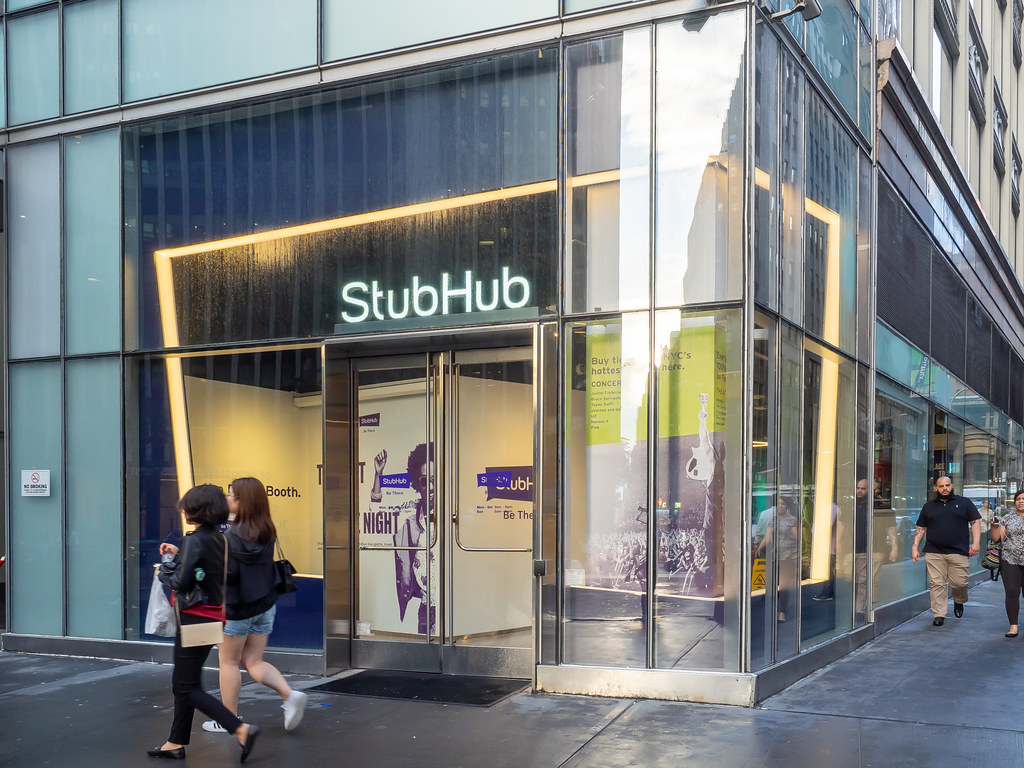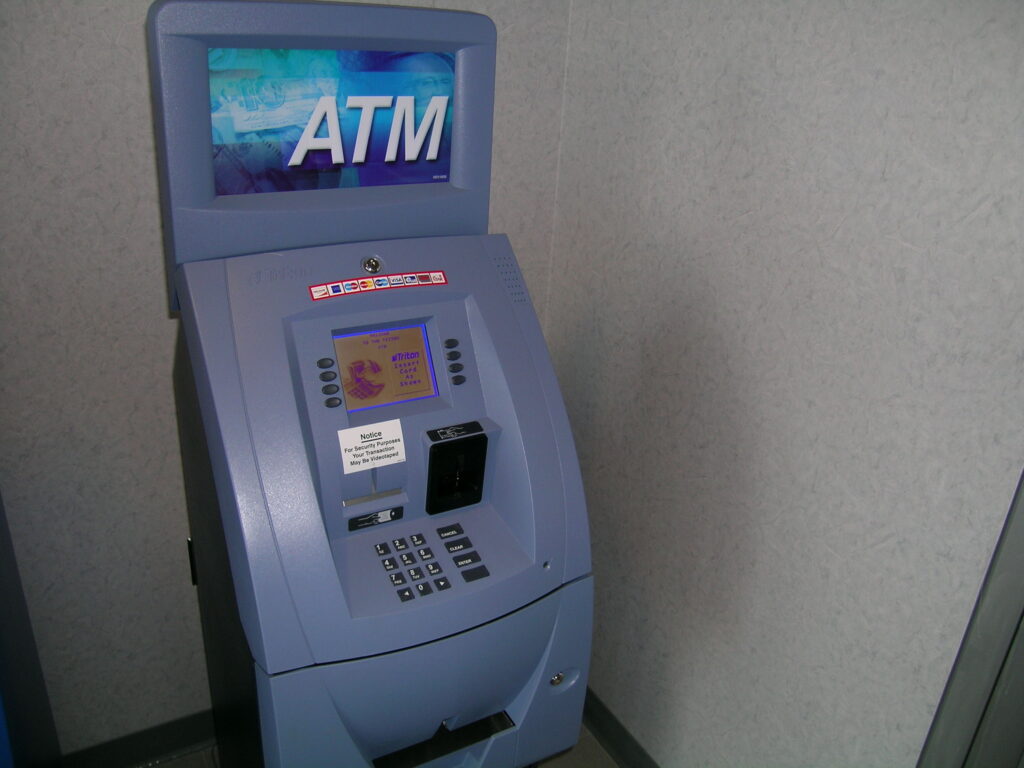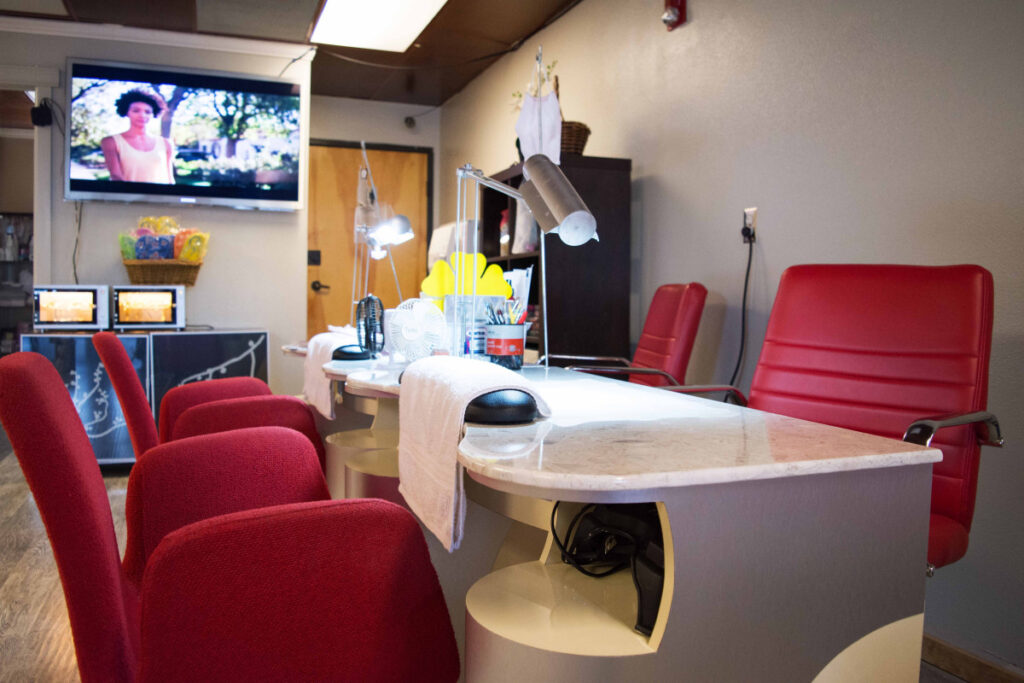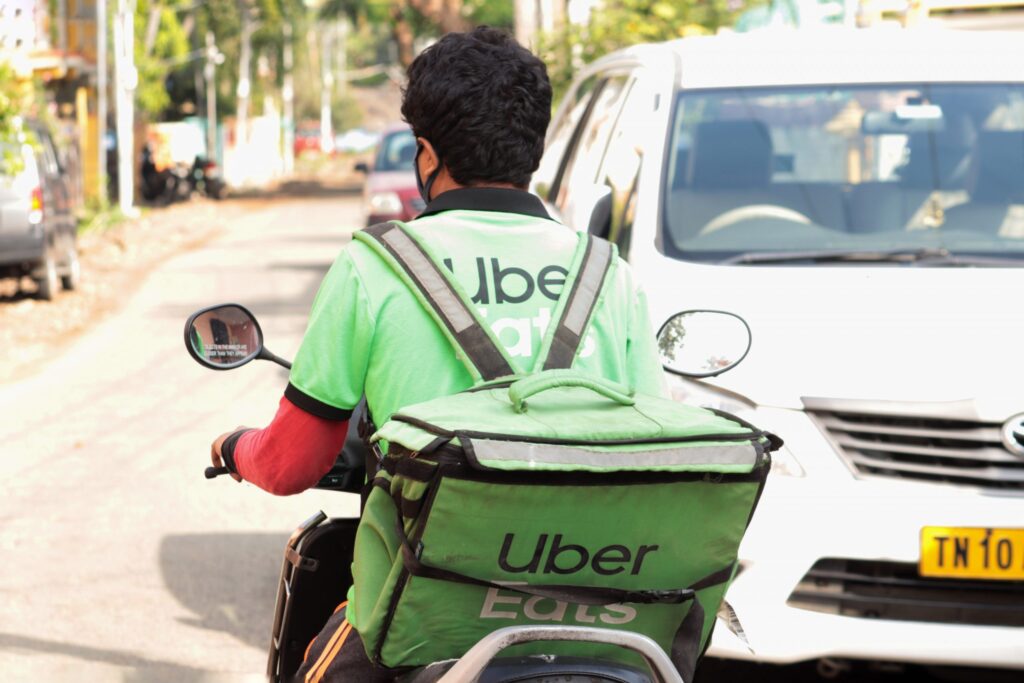You ever look at a receipt and feel personally attacked? Like, you ordered a sandwich, not a full financial reckoning. Somehow your $12 lunch turned into $21, and you’re staring at a bunch of mystery charges that sound made up—“non-cash adjustment,” “administrative fee,” “service infrastructure boost”… huh?? You didn’t order an extra side of invisible nonsense, but your receipt says otherwise.
Welcome to the era of sneaky fees—where everything from your burrito to your hotel stay comes with hidden costs hiding in plain sight. Companies are getting creative with how they squeeze extra dollars out of you, hoping you won’t notice or complain. Spoiler alert: we did notice. So let’s pull back the curtain and expose the shady little line items quietly draining your wallet. Here are 13 hidden fees you’ve probably paid for—and probably shouldn’t have.
1. “Kitchen Appreciation” Fees at Restaurants

Ah yes, the mysterious $3 “kitchen appreciation fee.” Not quite a tip, not quite a tax—just a line on your receipt that sounds like you paid for the chef’s emotional support. These fees started popping up during the pandemic to support back-of-house staff, which sounds noble until you realize you’re still expected to tip on top of that. And no, it’s not always optional.
According to Retail Brew, nearly 15% of restaurants nationwide now add these types of fees without explaining what they actually go toward. Some go to kitchen wages, others cover higher food costs, and some just pad the bill. The real kicker? They’re not taxed the same way tips are, meaning they can mess with both your budget and your server’s paycheck. It’s not that you don’t want to support the team—you just want transparency. Instead, you get a receipt that reads like a Choose-Your-Own-Expense story.
2. Hotel “Resort” Fees (Even When There’s No Resort)

Nothing like booking a “$139/night” hotel room only to check out at $189 and wonder if you accidentally bought the minibar. Resort fees are the travel industry’s dirty little secret—they’re often mandatory, they rarely make sense, and they’re not included in the listed room price. Sometimes you’re paying for things you don’t even use, like the business center, daily yoga (what yoga?!), or pool towels.
Per NerdWallet, these fees can add up to $50 a night and are practically impossible to avoid at big chains. You can’t decline them, negotiate them, or even predict them unless you comb through the fine print. It’s like your room has a cover charge. And no, calling it a “hospitality fee” doesn’t make it feel warmer. Until regulation catches up, consider these the bedbugs of your travel budget: sneaky, annoying, and everywhere.
3. “Service” Fees for Buying Concert Tickets

Buying concert tickets in 2025 is less “get hyped for Beyoncé” and more “solve a pricing riddle with your credit card.” A $60 ticket? Cute. But by the time you reach checkout, you’re staring down $92 and wondering if Ticketmaster charges for blinking. These “service” and “processing” fees are often non-itemized, vague, and frustratingly baked into the final cost with zero explanation.
According to The New York Times, these junk fees have become so common that the White House is literally trying to legislate them out of existence. Which says a lot. The ticket platforms say they’re covering infrastructure and security, but you still have to pay extra if you want your ticket emailed to you. LOL. The system is so wild that artists like The Cure have openly apologized to fans about the added charges. It’s not just inflation—it’s fee-flation, and it’s out of control.
4. “Convenience” Fees for Paying Online

Convenience fees are the corporate version of “because I said so.” Pay rent online? That’ll be $4.50 extra. Want to register your kid for soccer with a credit card? Cool—add 3%. These fees are charged simply because the business lets you use a card or digital platform, not because you’re getting anything extra out of the deal.
A Pitchfork breakdown explains how widespread and unregulated these fees are, especially in government and education sectors. And since most people don’t write checks anymore (because, hi, it’s not 2002), you’re basically forced into paying for “convenience” that’s become the default. In other words, they charge you for saving them money on paper processing. Genius, honestly. But also rude. Always double-check before clicking “Submit Payment,” because that little fee box might be sneakier than you think.
5. ATM Fees at “Out-of-Network” Machines

You’d think withdrawing your own money would be free, but apparently that’s a luxury now. Out-of-network ATM fees are the financial world’s oldest scam, and they’ve only gotten worse. You get charged by your bank, then again by the ATM owner, and sometimes even a third mystery fee for breathing near the machine. Suddenly your $40 cash grab cost $7 in “access” and “processing” costs.
Bankrate reports that average ATM fees are at their highest in 15 years, and they’re not slowing down. It’s basically a surcharge for not living inside a Chase branch. Banks say these fees help cover maintenance, but you’re not asking for scented hand towels and a complimentary latte—you just want twenties. The best move? Plan ahead or get cash back with a debit card during a grocery run. Because paying to access your own money is giving clownery.
6. Credit Card Surcharge at Small Businesses

You thought the price was $5.99, but oh wait—swiping your card? That’ll be $6.24, thank you very much. More and more small businesses are passing on credit card processing fees to customers, sometimes without making it clear until you check out. And if you’re using a rewards card, that fee might be higher because the merchant’s paying more. It’s a way for shops to offset costs, but it feels a little like being punished for not carrying cash like it’s 1997.
In some states, they’re required to disclose this upfront, but many don’t—so you find out after the beep. It’s especially jarring when you’re buying something small, like a coffee, and the fee jumps the total by 10% or more. Sure, you want to support local, but transparency would be nice. If you’re getting charged for the privilege of spending money, it should at least come with a sticker or a heads-up. Otherwise, it feels sneaky. Swipe cautiously, friends.
7. “Energy Surcharge” at Spas and Salons

You go in for a facial and come out glowing… and also slightly broke. Lately, spas and salons have started adding energy or “utilities” surcharges to services, citing higher electricity and water costs. You’ll usually find it as a vague $2–$8 line item on the bottom of your bill, nestled between tax and tip like it belongs there.
The logic makes sense—beauty services are resource-heavy. But why not just raise prices instead of disguising it as a hidden fee? It feels a little like you’re being charged for their light bill and shampoo warm-up. And most customers don’t notice it until they’re out the door and reviewing the receipt later. It’s not that you’re unwilling to pay—it’s that you didn’t know you agreed to. Beauty shouldn’t come with fine print. Especially not when you’re already tipping 20% on a $200 balayage.
8. Takeout Container Fees

You order takeout, already resigned to the delivery fee, tax, and tip. Then, BAM—“Packaging Fee: $1.95.” Wait, I’m paying for the box now? Yep. Some restaurants have started charging for containers, bags, or utensils, especially in cities pushing sustainability rules or dealing with higher supply costs.
It’s the adult version of being told to bring your own lunchbox. And while we get that eco-friendly packaging isn’t cheap, charging for it without warning feels like a bad aftertaste. The kicker is that these fees rarely show up on the menu or ordering screen. They’re just…there, after checkout. Suddenly your $12 burrito is now $18, and you didn’t even dine in. Just give us the option to BYO Tupperware next time, okay?
9. Mandatory Gratuity on Small Tables

Tipping culture is already a landmine. But when you and one friend go out and get hit with an automatic 20% gratuity? That’s a plot twist. Some restaurants are applying mandatory service charges even to parties of two, often without verbally mentioning it. The receipt says “gratuity included,” but your server still leaves the tip line blank—cue the awkwardness.
Many diners double-tip because they don’t notice or feel pressured. And while restaurants argue it helps ensure fairness for staff, the lack of clarity feels shady. If tipping’s included, just say it. Loudly. No one wants to tip twice out of guilt and then realize it later in the car. It’s not stingy to want transparency—it’s just basic etiquette.
10. “Cleaning Fees” at Airbnbs That You Still Have to Clean

Why are you paying a $150 cleaning fee if you’re expected to strip the beds, take out the trash, and do the dishes? It’s the Airbnb paradox. Hosts charge hefty cleaning fees and ask you to do half the work before checkout. You end up doing more chores than you would at a hotel—and paying more, too.
Some hosts even add “linen fees” or “sanitizing fees” on top of cleaning charges. It’s starting to feel like a stay-at-home escape room. Sure, everyone wants a clean space, but being charged to do the cleaning yourself? That’s next-level audacity. If you’re gonna charge that much, maybe leave the guests a thank-you mint or do the laundry. Otherwise, we’re gonna need a refund and a Roomba.
11. “Documentation” Fees at Car Dealerships

You’ve haggled on the car price, negotiated financing, and you’re ready to sign—until the dealer casually adds a $495 “doc fee.” What is it, you ask? Basically the cost of the dealership…doing paperwork. Yes, you’re being charged hundreds of dollars for them to process the contract they need you to sign. It’s not based on the cost of labor or materials—it’s just tradition at this point.
Some states cap doc fees, but others let dealers go wild. You can try to negotiate it, but most won’t budge because they count on you being too exhausted to care. You’re not crazy for feeling scammed. It’s like tipping your dentist for filing your chart. The best strategy? Ask about the fee before negotiations, so you’re not blindsided when the ink is already drying.
12. Delivery “Service Charges” That Aren’t Tips

You order delivery and see a “service charge” tacked on at checkout. Cool, must be the driver’s tip, right? Wrong. Most delivery apps and restaurants clarify—in tiny italics—that the service charge does not go to the driver. It’s a fee to “maintain the platform” or “support operations,” whatever that means. Meanwhile, the driver still expects a separate tip.
It’s a clever bit of psychology: make it sound like gratuity so people skip tipping, then shift the blame. And who gets the heat? The driver. Not the app, not the restaurant, not the confusing receipt. It’s a lose-lose for everyone, except the platform collecting that sweet fee. Always check the breakdown, and if the driver did a good job, throw them a few extra bucks. They deserve more than a ghost tip.
13. Pet “Rent” in Apartments

You found your dream rental, got approved, and then—surprise! Your dog owes rent. Monthly. Many landlords now charge pet rent on top of a pet deposit, essentially treating your golden retriever like a moody subletter. We’re talking $25–$75 a month, per pet, just because they exist.
It’s not for damages (that’s the deposit), and it’s not refundable. It’s just…pet tax. Some buildings charge more based on breed or weight, and others even charge for cats—who, let’s be honest, don’t even acknowledge they live with you. It’s a money grab disguised as policy. If your pet’s not using the gym, parking, or the grill area, maybe they shouldn’t be billed like they are. Give Fido a break.
This article is for informational purposes only and should not be construed as financial advice. Consult a financial professional before making investment or other financial decisions. The author and publisher make no warranties of any kind.









